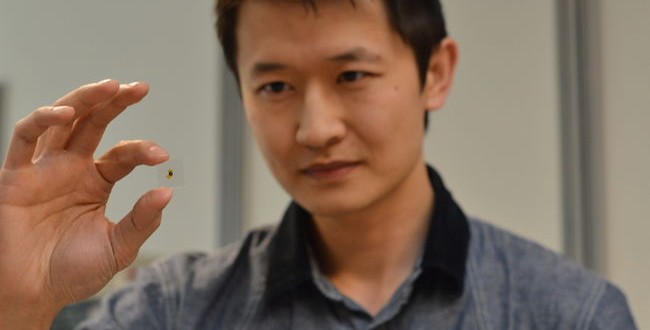Scientists at UBC Okanagan have discovered new glass technology which could change the way we use light.
Scientists in the school of engineering have learned that placing thin layers of metal on glass makes it possible to increase the amount of light passing through.
“Engineers are constantly trying to expand the scope of materials that they can use for display technologies, and having thin, inexpensive, see-through components that conduct electricity will be huge,” said UBC Associate Professor and lead investigator Kenneth Chau. “I think one of the most important implications of this research is the potential to integrate electronic capabilities into windows and make them smart.”
The next phase of this research, added Chau, will be to incorporate their invention onto windows with an aim to selectively filter light and heat waves depending on the season or time of day.
The theory underlying the research was developed by Chau and collaborator Loïc Markley, an assistant professor of engineering at UBC. Chau and Markley questioned what would happen if they reversed the practice of applying glass over metal—a typical method used in the creation of energy efficient window coatings.
“It’s been known for quite a while that you could put glass on metal to make metal more transparent, but people have never put metal on top of glass to make glass more transparent,” said Markley. “It’s counter-intuitive to think that metal could be used to enhance light transmission, but we saw that this was actually possible, and our experiments are the first to prove it.”
Chau and Markley’s research was published this week in the Nature Publishing Group’s open access journal Scientific Reports.
Agencies/Canadajournal
 Canada Journal – News of the World Articles and videos to bring you the biggest Canadian news stories from across the country every day
Canada Journal – News of the World Articles and videos to bring you the biggest Canadian news stories from across the country every day



